The ITF Summit is the world’s largest gathering of transport ministers and the premier global transport policy event. To enhance an inclusive discussion, ITF stakeholders are invited to showcase their products, services and other industry initiatives to an audience of Ministers from ITF’s 69 member countries and decision-makers from business, civil society and top academics.
To join the exhibition, please reach out to exhibitors@itf-oecd.org for more information.
Applications for exhibition at this year’s Summit have now closed. To join us at the ITF 2026 Summit, please contact exhibitors@itf-oecd.org
Indoor stands at the ITF 2025 Summit are typically 15 – 50m².
—-
Certain ITF stakeholders benefit from preferential space rental terms:
Exhibitors can order stand construction directly from Fairnet, the service partner of the Congress Center Leipzig (CCL), or work with an external service provider. In the latter case, the ITF Secretariat will work with CCL to facilitate your provider’s access to the venue for build-up and dismantling.
Click here to view Fairnet’s order form for the ITF 2025 Summit.
Exhibitors can avail of additional participant passes at a reduced rate of €700.
€420 technical support passes are also available to exhibitors. These provide access to the exhibition floor, coffee and lunch breaks only.
Click here for full details on Summit registration.
ITF stakeholders also have the opportunity to organise outdoor demonstrations in front of Congress Centre Leipzig, subject to space availability. This is organised on a case-by-case basis, independently of the terms applicable to indoor exhibition. For further information, please contact exhibitors@itf-oecd.org
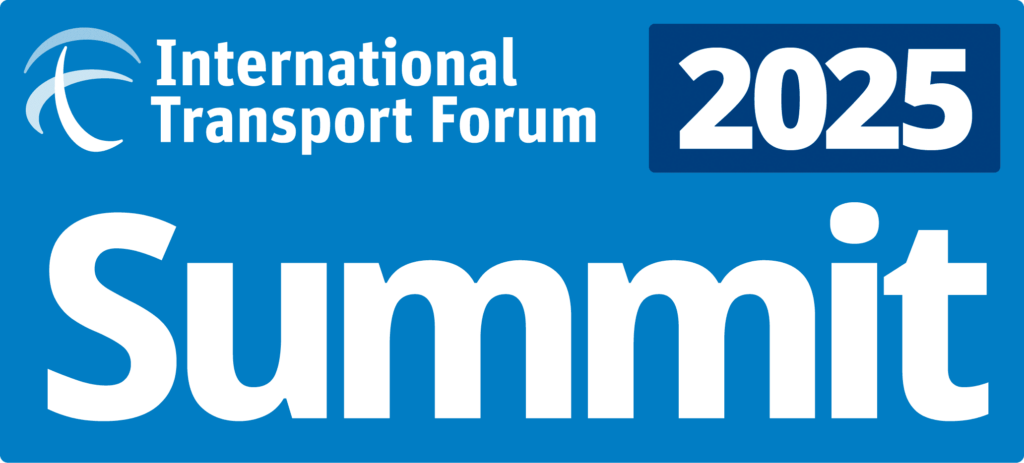

Copyright ©2025 . All Rights Reserved


Copyright ©2025 . All Rights Reserved Copyright

DHL Group is the world’s leading logistics company, encompassing two brands: DHL, which offers parcel and international express services, freight transport, supply chain management, and e-commerce logistics; and Deutsche Post, Europe’s leading postal and parcel service provider. The Group employs around 600,000 people in over 220 countries and territories and generated revenues exceeding 84 billion Euros in 2024, aiming for net zero emissions logistics by 2050. To advance climate-neutral logistics, the Group develops and operates various technological innovations, including an electric vehicle with range extender (EREV), to be showcased at the ITF Summit in Leipzig in 2025.

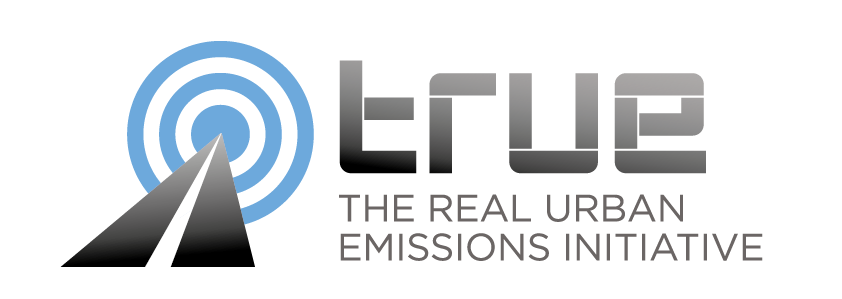
The FIA Foundation is an international charity, working closely with grant partners to shape projects and advocate to secure change in policy and practice. Our objective is safe and healthy journeys for all. From lower speeds to zero-carbon vehicles, and from safe walking and cycling to fair access, we are supporting safer, cleaner, more equitable mobility globally.
The TRUE initiative works in support of policy makers and others who are keen to address the air quality and carbon impact of vehicles particularly in cities.
The Summit will feature a vehicle testing point where TRUE initiative technology will measure the air quality and carbon impact of a vehicle as it drives past. There will be a booking point in the venue’s reception where participants can book to observe a demonstration.
Please register your interest for the demonstration by emailing info@trueinitiative.org
Thursday 22 May – Outdoor Demonstrations – Outside Main Reception

21st Century Vehicle Safety: Progress So Far and Priorities for 2030 and Beyond
In the first quarter of the 21st century nearly 2 billion motor vehicles and 1.1 billion motorcycles have joined our roads. This is the highest level of motorisation in human history but at a cost of 30 million deaths and many more injuries. Since 2000 passenger car safety has greatly improved. Levels of road trauma have stabilised but not yet substantially reduced. To achieve faster progress the vehicle safety recommendations of the UN Global Plan for the Decade of Action for Road must be implemented. The ’21st Century Vehicle Safety’ side event will identify ‘demand pull’ and ‘regulatory push’ priorities for safer vehicles to 2030 and beyond.
Linked to this event will be vehicle technology demonstrations of autonomous emergency braking (AEB), and motorcycle anti-lock braking systems (ABS) to highlight their safety benefits and the need to accelerate their uptake globally to reduce road trauma. Both technologies are recommended for priority implementation in the Global Plan.
Wednesday 21 May – Outdoor Demonstrations – Outside the venue’s main reception
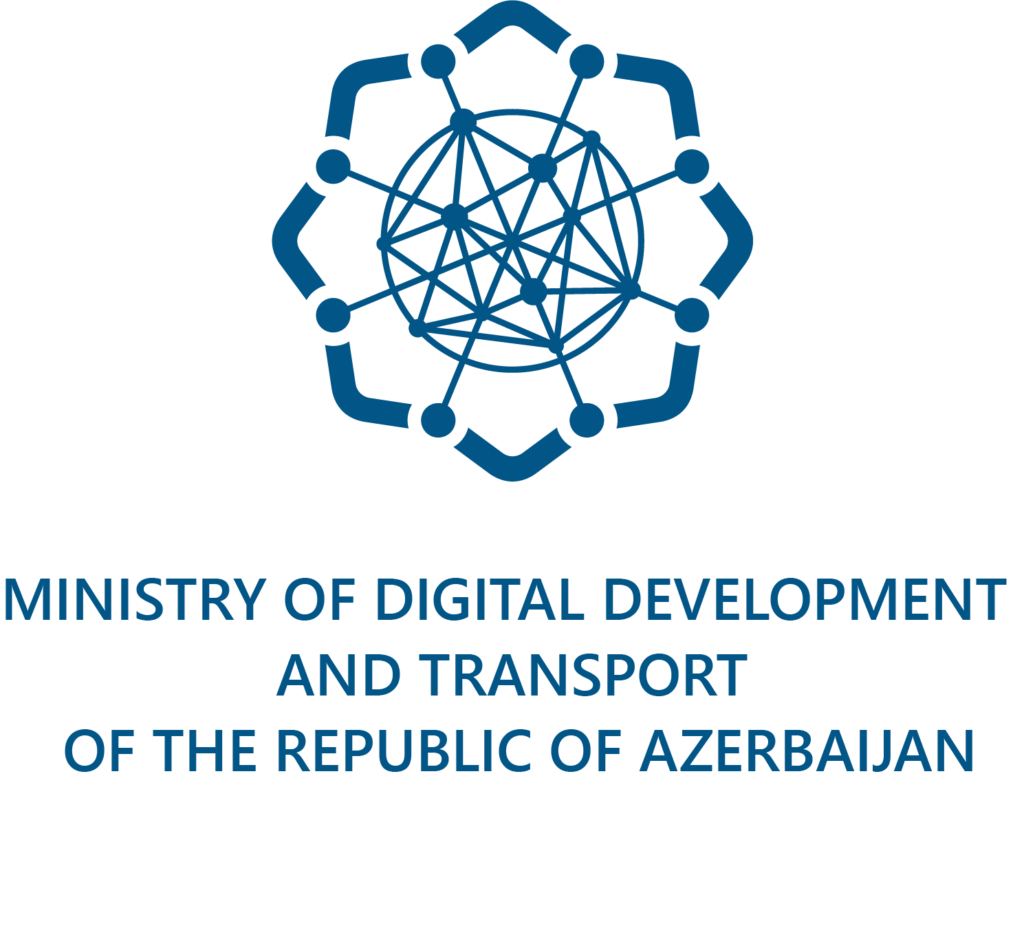
The Ministry of Digital Development and Transport of the Republic of Azerbaijan is a pivotal government body dedicated to spearheading the nation’s digital transformation and advancing the country’s transport infrastructure. By modernising and digitalising the infrastructure, the government aims at ensuring the sustainability of Azerbaijan’s transport networks. The key initiatives include a comprehensive transport mobility program designed to improve urban mobility and accessibility, alongside robust efforts to green the transport sector, reducing emissions and promoting eco-friendly practices. Through these initiatives, we are committed to creating a modern, digitally empowered and resilient infrastructure for the future.
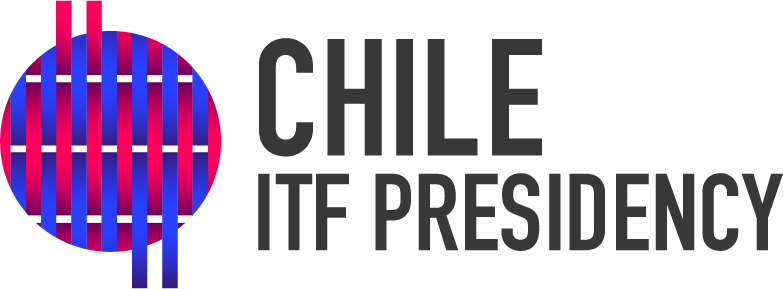
The Ministry of Transport and Telecommunications of Chile is leading the transformation of the transport industry, making it more efficient, sustainable, reliable, and equitable. Through a robust National Electromobility Strategy, first introduced in 2017, Chile has made significant strides toward zero-emission urban transport. Santiago now operates over 2,500 electric buses, and more than five mid-sized cities have also adopted electric fleets—one of which is committed to achieving a 100% zero-emission bus system. These efforts have positioned Chile as a global leader in public transport decarbonization.
Beyond reducing emissions, Chile is driving a nationwide digital transformation in public transport. Through the Technological Transformation strategy, advanced fleet management systems, cutting-edge digital payments, and enhanced data governance are improving efficiency and service quality.
Equity and safety remain top priorities. In the last three years, the number of female bus drivers in Santiago has doubled, surpassing 1,800 in 2024—marking a significant step toward a more inclusive transport system.

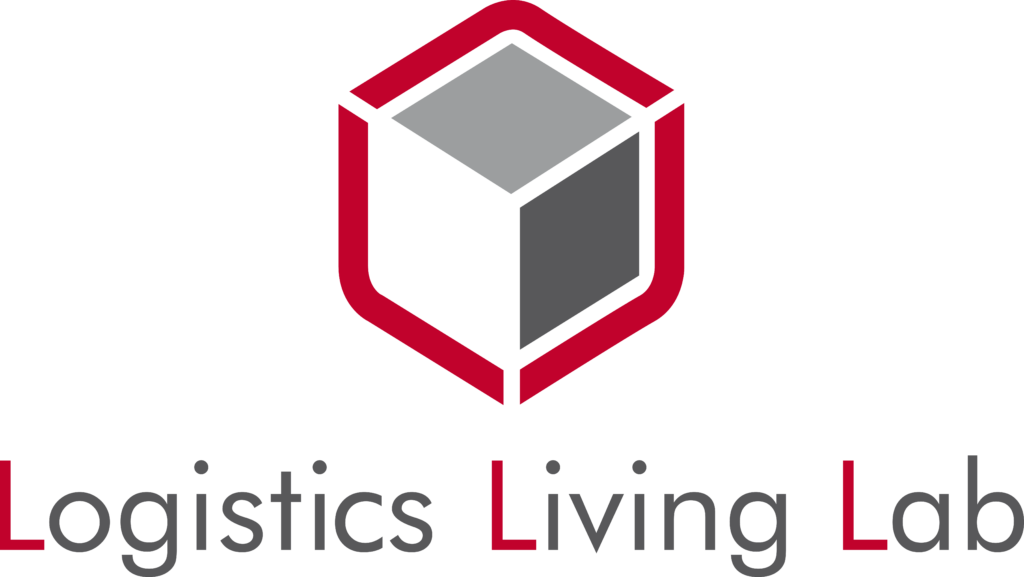

The Economic Development Office of the City of Leipzig represents its focus sector “Logistics” together with:
The Economic Development Office of the City of Leipzig offers assistance for investors in Germany: fast, straightforward support for investment and relocation projects. For our local companies we offer various kinds of advice, accompaniment and networking, e.g. with specialist events and support of innovative projects or networking with specialists for grants or other receivables.
Investing in Leipzig – City of Leipzig
The Logistics Living Lab (LLL) at Leipzig University is a research, demonstration and co-operation space for innovative logistics solutions. It brings together industry, science and administration to make logistics more efficient, environmentally friendly and safer. One focus is on digitalisation and supporting small and medium-sized enterprises.
In addition to networking, personnel and business development, the Central German Logistics Network is responsible for positioning the logistics region of Central Germany as an established European gateway and central distribution centre with fast connections to the Eastern European and East Asian markets in particular.
Webfleet is Bridgestone’s globally trusted fleet management solution. Over 50,000 businesses across the world use it to improve fleet efficiency, support drivers, boost safety, stay compliant and work more sustainably. For more than 25 years it has been empowering fleet managers with data-driven insights that help them optimise their operations.

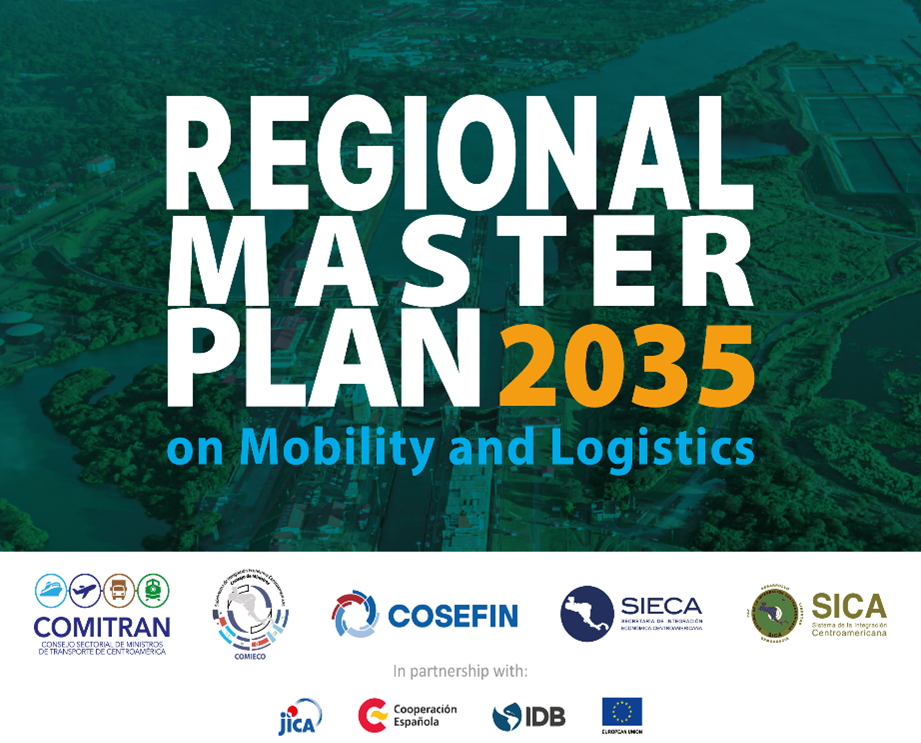
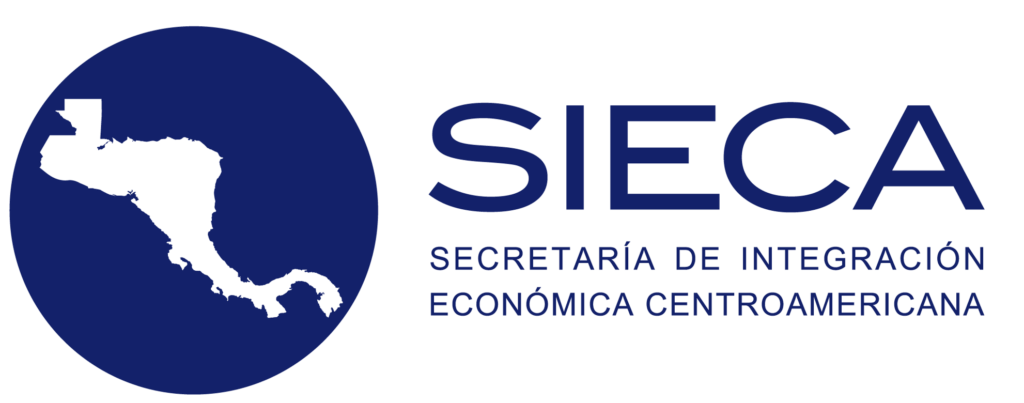
The Regional Master Plan on Mobility and Logistics 2035 is a visionary tool of regional planning created by Costa Rica and the Central America countries, to consolidate a multimodal, efficient, safe and resilient transport system for the region. The vision is to transform Central America into a world-class logistics hub, taking advantage of its geographic position bridging the two most important oceans for international trade. Implementation of the Plan includes investments in road, maritime-port, airport and railway infrastructure, as well as access to border posts and logistics activity zones, which are articulated in 11 strategic corridors throughout Central America.
El Plan Maestro Regional de Movilidad y Logística 2035 es una herramienta visionaria de planificación regional creada por Costa Rica y los demás países centroamericanos, para consolidar un sistema de transporte multimodal, eficiente, seguro y resiliente. Su visión es convertir a Centroamérica en un HUB logístico de clase mundial, aprovechando su posición geográfica como puente entre los dos océanos más importantes en el comercio internacional. Su puesta en marcha contempla la realización de inversiones en infraestructura vial, marítimo-portuaria, aeroportuaria y ferroviaria, así como en accesos a puestos fronterizos y zonas de actividad logística, que se articulan en 11 corredores estratégicos a lo largo de Centroamérica.

The Europe’s Rail Joint Undertaking (EU-Rail) is the European partnership for rail research and innovation under the Horizon Europe programme (2020-2027) and the successor to the Shift2Rail Joint Undertaking.
The partnership aims to accelerate research and development in innovative technologies and operational solutions. It supports EU policies and objectives for the rail sector, its competitiveness, and the European rail supply industry. EU-Rail accelerates the use of integrated, interoperable, and standardised technological innovations necessary to support the Single European Railway Area.
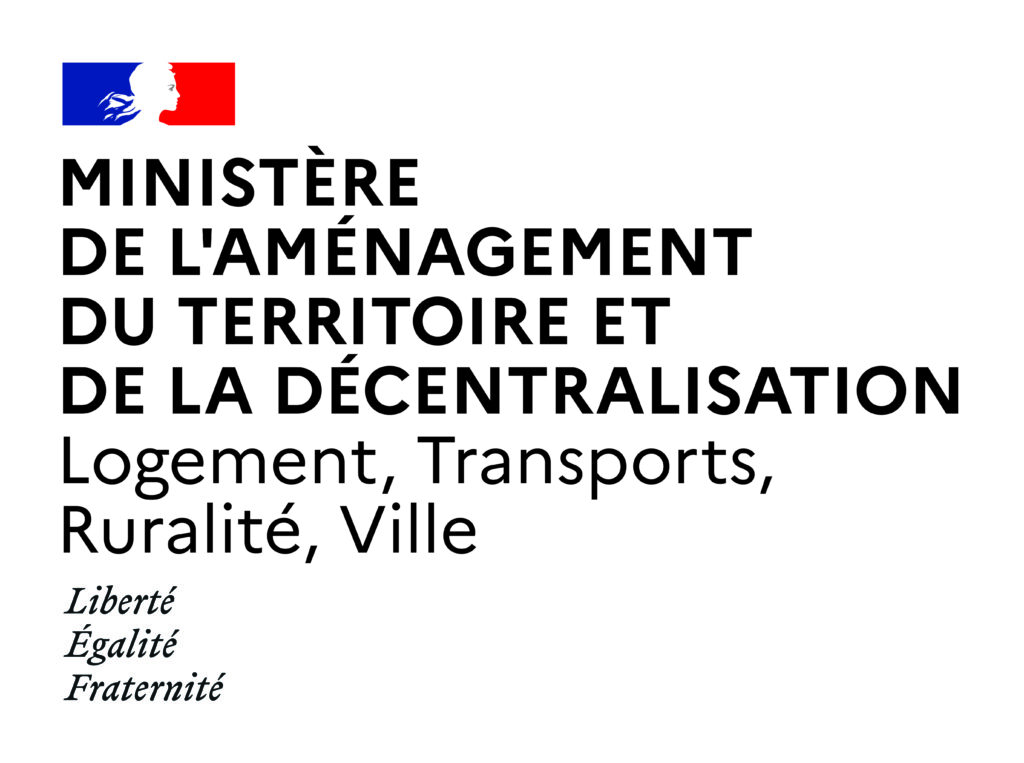
France: Ministry of Regional Planning and Decentralization, Ministry of Transport
The French Ministry in charge of transport is fully engaged in the ecological transition, promoting low carbon, climate resilient, smart and innovative transport modes, uses and management policies.
It supports transport infrastructure intermodal planning, taking into consideration all direct and indirect effects on the environment, the economy, and the territories.
It encourages maritime transport that favours economic development and respects air quality and biodiversity.
It implements suitable and modernised state supervision of the public institutions and companies within its scope of competence and works along with local authorities.
The Ministry ensures a high level of reliability, security and safety in transport.
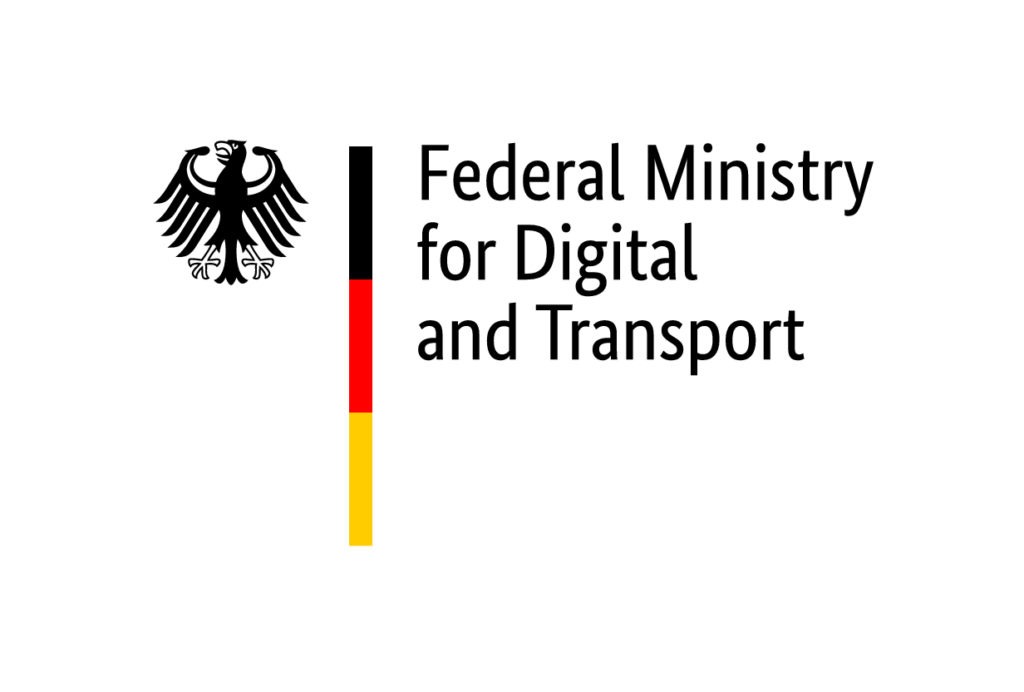
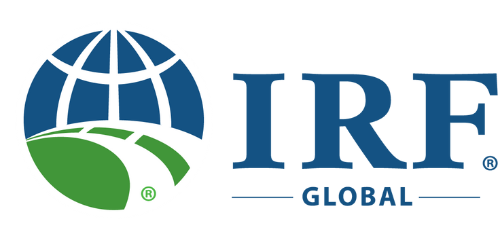
The International Road Federation (IRF Global) is a leading not-for-profit organisation dedicated on improving roads and mobility systems worldwide. Established in 1948 in Washington, DC, IRF Global serves over 100 countries by promoting collaboration between public and private sectors. The organisation advocates for safe, accessible, and environmentally responsible road networks as essential for development. IRF Global aims to boost investment in transportation, ensuring safe and efficient travel and goods movement, which enhances global quality of life. It also partners with governments, development bodies, businesses, and academic institutions to promote investment and share expertise through educational programs. IRF Global plays a pivotal role in shaping the future of transportation while operating independently from the IRF Geneva Program Center and its India chapter.
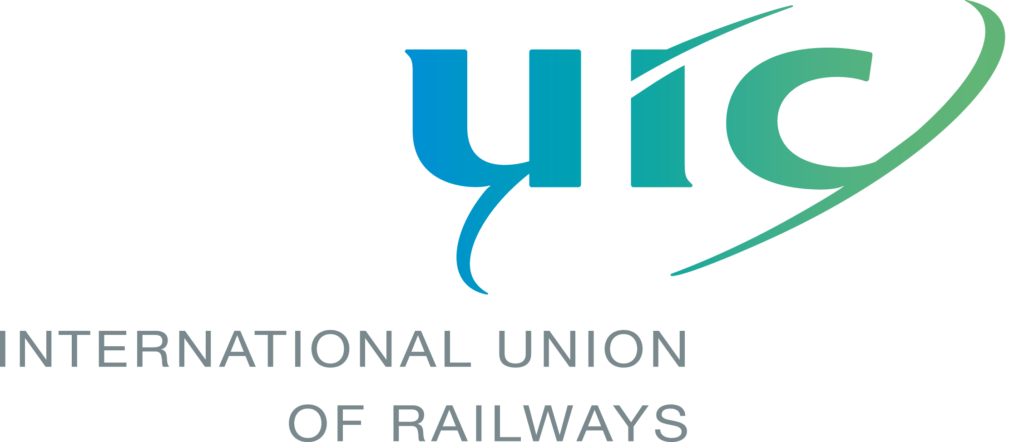
The UIC (International Union of Railways) is the worldwide organisation for the promotion of rail transport at a global level and for the collaborative development of the railway system. It brings together more than 200 members across all 5 continents, and includes rail operators, infrastructure managers, railway service providers, and more. UIC maintains close links with all stakeholders in the rail transport sector around the world, including manufacturers, railway associations, and public authorities, as well as with other domains and sectors whose experiences may be beneficial to rail development. UIC’s main missions include understanding the business needs of the rail community, developing innovative programmes to identify solutions to these needs, and preparing and publishing documents such as reports, specifications, guidelines, and IRSs that facilitate the implementation of innovative railway solutions.
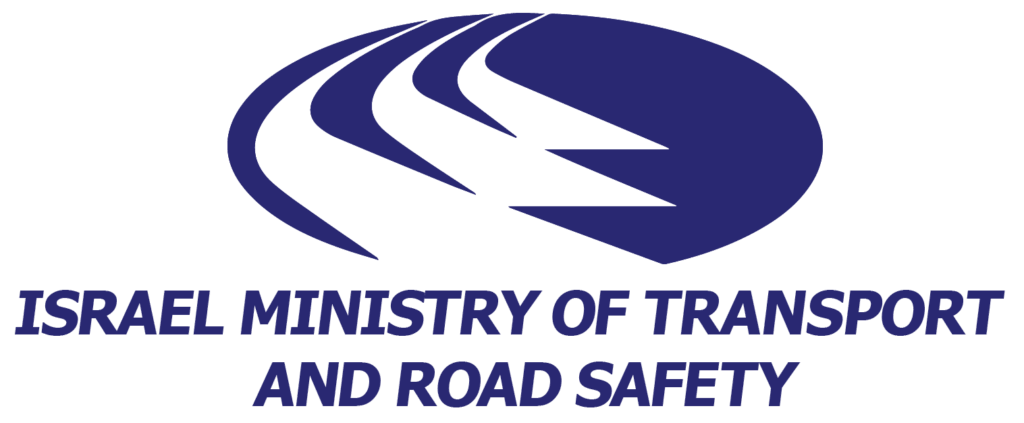
The Israeli Ministry of Transport proudly presents its cutting-edge advancements in transportation cybersecurity at the 2025 ITF Summit, reinforcing global resilience against evolving cyber threats.
At Israel’s national exhibition stand, the Ministry’s Sectorial Cybersecurity Unit features innovative solutions and services developed by three leading Israeli cybersecurity companies: Upstream, Cylus, and CyITS. These trailblazers demonstrate Israel’s global leadership in protecting transportation systems against growing cyber risks—challenges that intensify with the rise of smart and connected mobility.
Join us to discover Israel’s cutting-edge innovations in transportation cybersecurity and our efforts to build a safer and more resilient mobility sector.

Saxon State Ministry of Infrastructure and Regional Development – Creating Vibrant, Resilient Regions | We support balanced regional growth by advancing rural and urban development, innovation, housing, and cultural heritage. Our mission is to ensure equal living conditions across Saxony through targeted funding and support for local initiatives.
“Transport Resilience to Global Shocks” | This year’s ITF Summit motto highlights the multiple shocks we are facing—particularly those affecting our transport systems. It raises the question of how to ensure the continuity of transport amidst disruptions such as natural disasters, pandemics, cyber-attacks, and geopolitical crises. To enhance resilience, redundancy and the use of more sustainable modes of transport are essential.
In Saxony, we are actively addressing these challenges. The Saxon state government supports several projects in this field. One example of an environmentally friendly transport solution and a successful step towards climate protection is the Saxony-based company CargoBeamer.

The Netherlands | Solving Global Challenges Together
Ministry of Infrastructure and Water Management
The Ministry of Infrastructure and Water Management is committed to improving quality of life, access and mobility in a clean, safe and sustainable environment. It strives to create an efficient physical and digital network of roads, railways, waterways and airways, effective water management to protect against flooding, and improved air and water quality.
Ministry of Infrastructure and Water Management | Government.nl
———-
Connekt (ITS Netherlands)
Connekt operates as an independent network in the Netherlands, dedicated to driving innovations in sustainable mobility and logistics.
Lean & Green International is the leading program for sustainable logistics and smart mobility. Our mission is to achieve 0% emissions through 100% collaboration.
The Smart Mobility Embassy connects Dutch expertise with global mobility challenges, fostering worldwide collaboration.
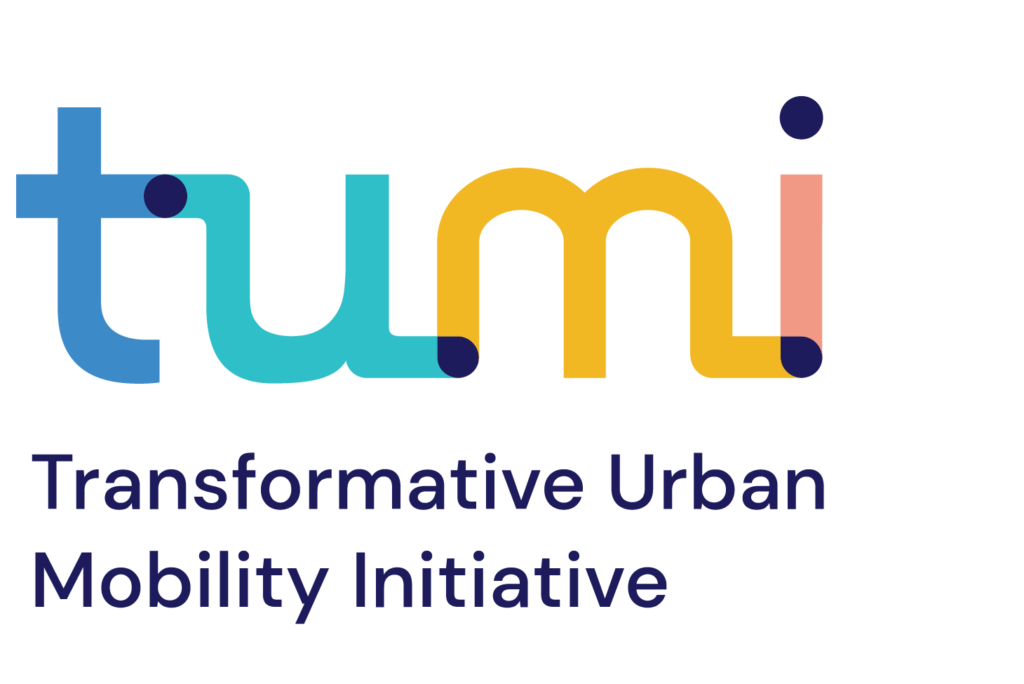
About TUMI
We are the leading global implementation initiative on urban mobility formed through 11 prestigious partners. We are all united by one big goal: changing mobility for the benefit of humanity and the environment, with an eye on a better future.
All around the world urban leaders, transport experts, planners or students strive to transform mobility for the better for all – we unite them. We roll out innovations on the ground, enable leaders with profound know-how and invest in the future of urban mobility.
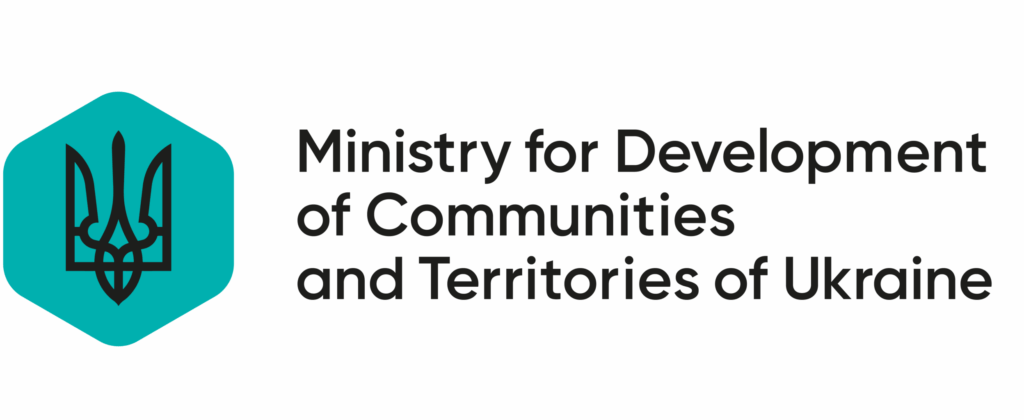
The Stand “Ukraine. Women in Transport” is an initiative of the Ministry for Development of Communities and Territories of Ukraine aimed at attracting women to the transport sector, overcoming gender stereotypes and economic recovery of Ukraine. Due to the Russian invasion of Ukraine, there is an acute staffing crisis, especially in the historically male-dominated transportation professions. Therefore, the Ministry for Development, with the support of partners, has launched pilot projects to train women in transport and employ them. At the stand, you can learn about the project’s features, practical implementation, and prospects for scaling up in Ukraine and the world.
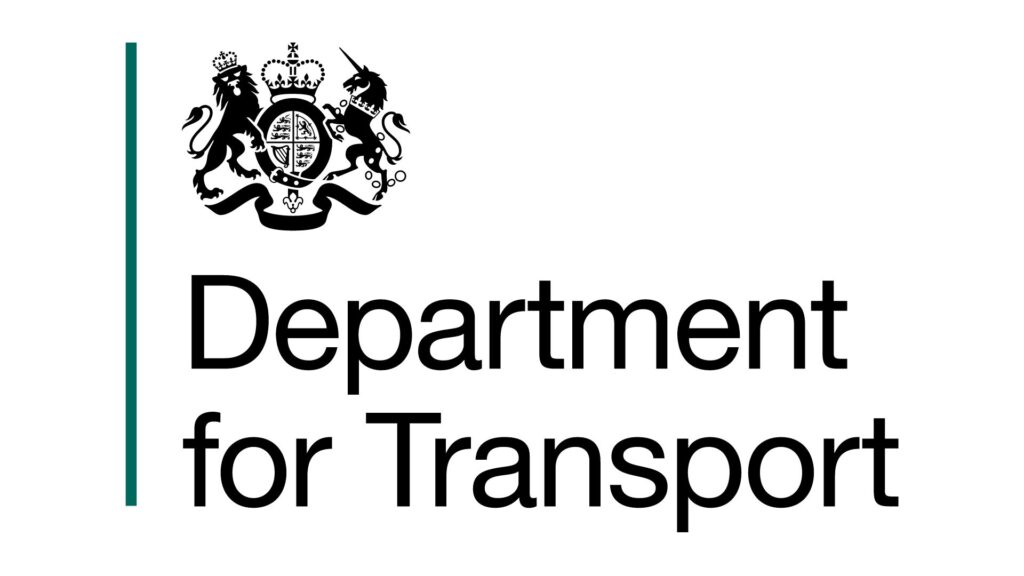
The UK Department for Transport works with agencies and partners to support the transport network that helps the UK’s businesses and gets people and goods travelling around the country. It plans and invests in transport infrastructure to keep the UK on the move.
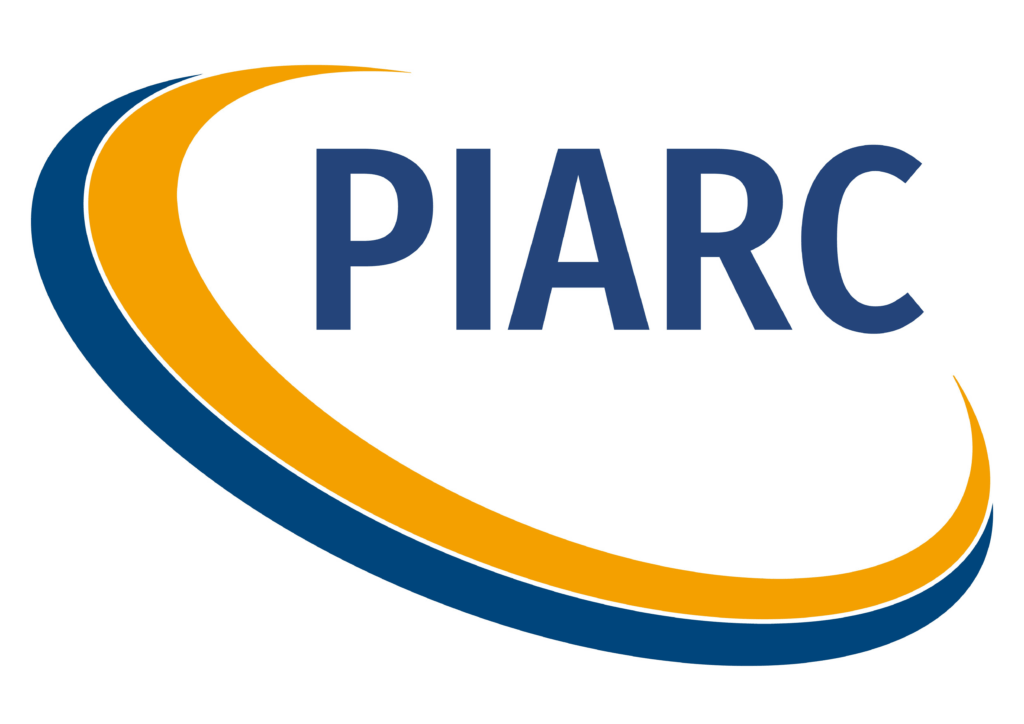
PIARC (World Road Association), founded in 1909 and comprising more than 120 member governments from all over the world, is the global forum for the exchange of knowledge and experience on roads and road transport policies and practices.
With consultative status to the Economic and Social Council of the United Nations, the Association contributes to a stable and sustainable global development of the road and transport sector.
PIARC organizes major international congresses to foster dialogue and share innovative approaches and best practices across the road sector. The next World Winter Service and Road Resilience Congress will take place in Chambéry (France), from 10 to 13 March 2026, under the theme “Ensuring road excellence in all seasons.” Looking further ahead, the 28th World Road Congress will be held in Vancouver (Canada), from 4 to 8 October 2027, bringing together Ministers, decision-makers and thousands of experts for around 50 sessions, a major exhibition, technical visits and a rich social program.
With knowledge sharing as its primary goal, the Association coordinates Technical Committees and Task Forces which undertake studies, share experiences and promote best practices on a broad range of topics of interest to the road and transport sector. An international seminar program is also offered to low- and middle-income countries to foster the exchange of knowledge with high-income countries.
The outputs of these groups include a large number of reports, all available for free through our online knowledge base at www.piarc.org.
Do you want to learn more about PIARC, become a member or simply get in touch?